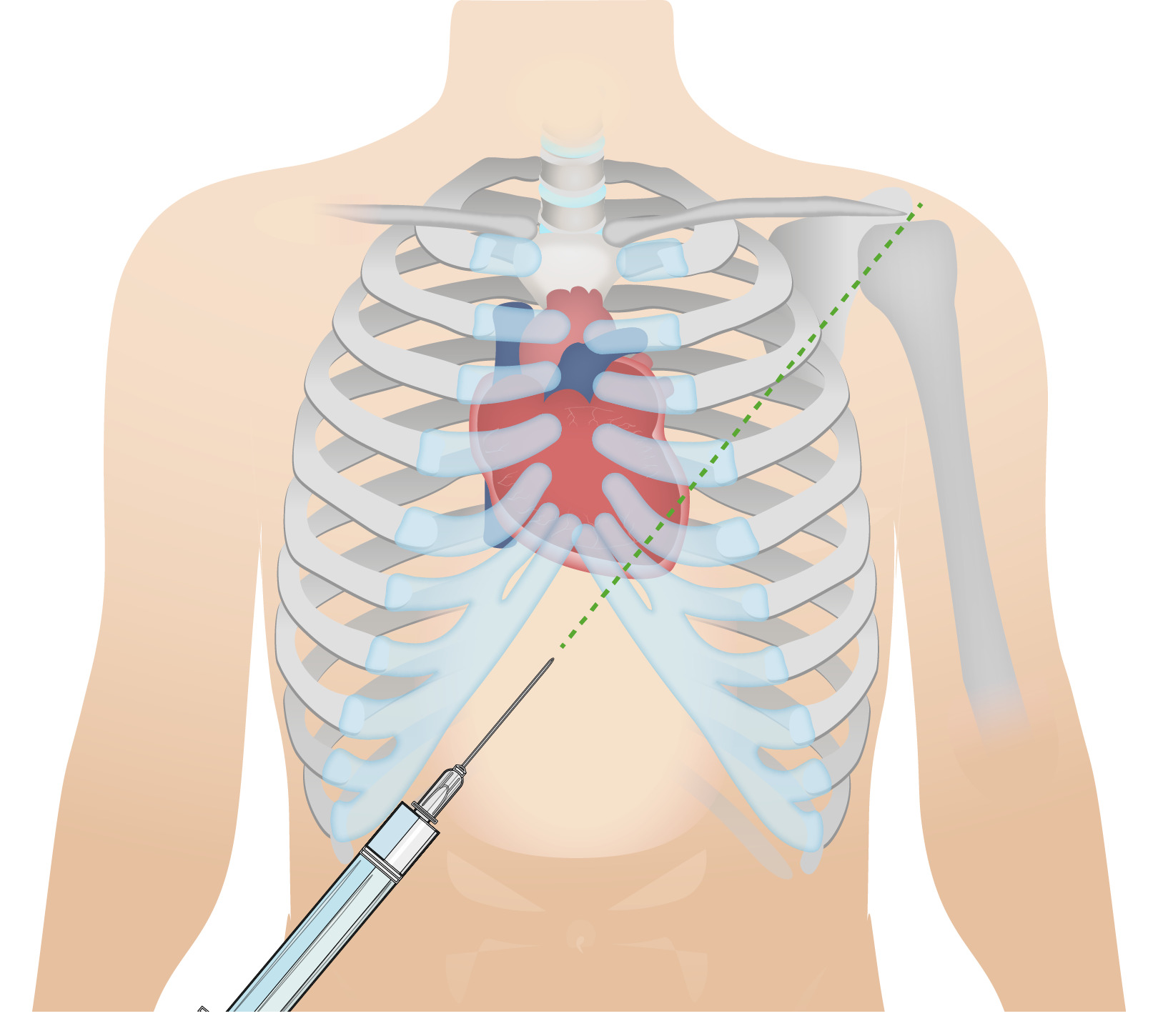Playlist
Show Playlist
Hide Playlist
Pericardial Effusion and Cardiac Tamponade: Signs and Symptoms
-
Slides PericardialDisease PericardialEffusion CardiovascularPathology.pdf
-
Download Lecture Overview
00:01 Now, as the investigations, there is something called Beck’s traid, beautiful name, sounds lovely. 00:08 No, what heck thus that even mean? What’s happening? Oh, the pericardial cavities can infilled with fluid, huh. Okay. 00:14 And so, tell me about those heart sounds, is it easier or more difficult for you to hear? Obviously, more difficult because the pericardial cavities filled with fluid isn’t it? Distant muffled heart sounds. Number 1, Try not to memories this, understand the pathologies, so that you can clearly, then pick out what’s going on clinically and when you are reading a journal, reading a stem of a question. What have – or the attending to this talking to you, or you’re attending a CPC, Clinical Pathologic Conference. 00:43 There is hypotension, why is that? Well, you’re restricting a heart, which is content that I am talking about this. Continuing our discussion of restriction. 00:51 What then happened? You are gonna back up, where? Positive JVD? Sure. 00:56 Last time we saw a positive JVD was what kind of heart failure? Good, right sided heart failure, right? Right sided heart failure, will then give you a positive JVD. Here, we have the fact that the pericardial cavities filled, you can’t fill it. Therefore, things are going to backup. Next, so that’s your Becks traid. 01:20 Intolerance to minimal activity. Sure, once again, you have decreased output, chest pain or filling of fullness in the chest. 01:27 Not so much like a stabbing pain in the heart, okay. Or a stabbing pain in the back like the section. 01:35 So keep these things in mind, remember pericarditis, right? Would be like a stabbing pain in the chest. 01:42 And that was occurring more, so when leaning back, do you remember that? So this should be where in which there is fullness in taking place in the pericardial cavity. 01:51 Dyspnea, tachy, agitation, CNS depression, coma, cardiac arrest,all of this comes under the issue of pericardial cavity effusion. And so, therefore, resulting in all kinds of irritation from head to toe.
About the Lecture
The lecture Pericardial Effusion and Cardiac Tamponade: Signs and Symptoms by Carlo Raj, MD is from the course Pericardial Disease: Basic Principles with Carlo Raj.
Included Quiz Questions
Which of the following is a component of Beck’s triad?
- Distended neck veins
- Hypertension
- Pulsus paradoxus
- High voltage QRS complexes on ECG
- Hypercoagulability
Customer reviews
5,0 of 5 stars
| 5 Stars |
|
5 |
| 4 Stars |
|
0 |
| 3 Stars |
|
0 |
| 2 Stars |
|
0 |
| 1 Star |
|
0 |




